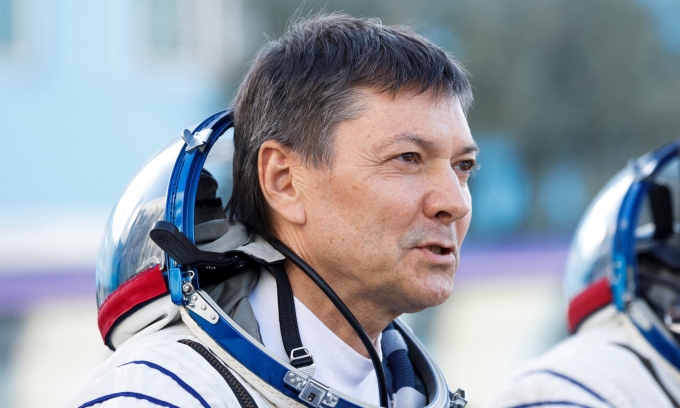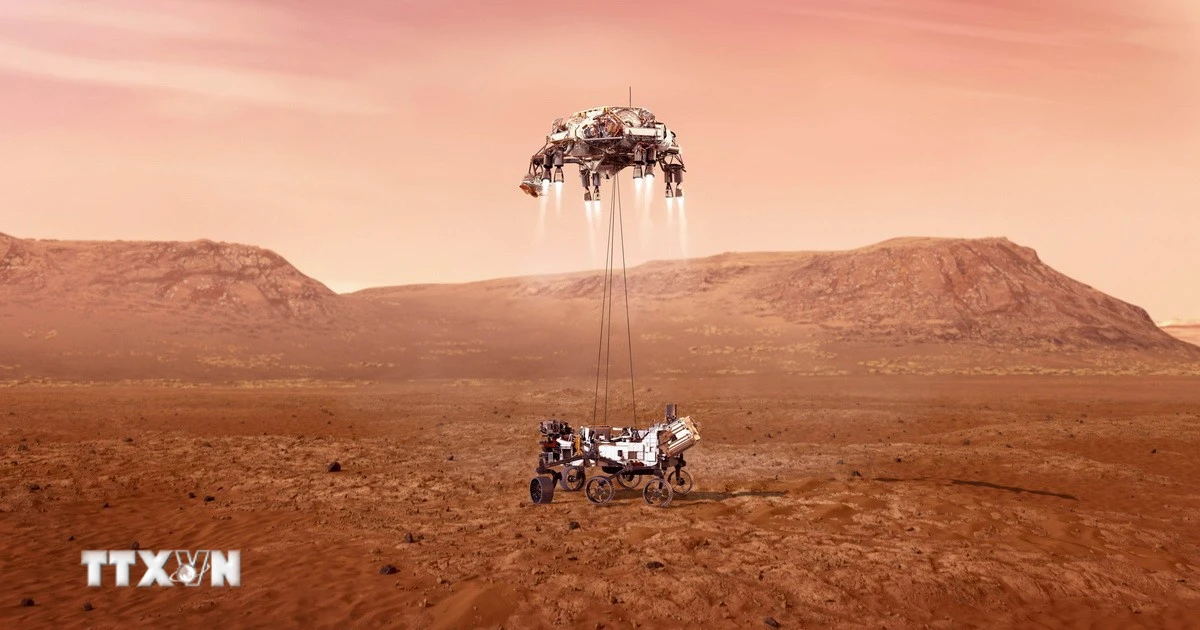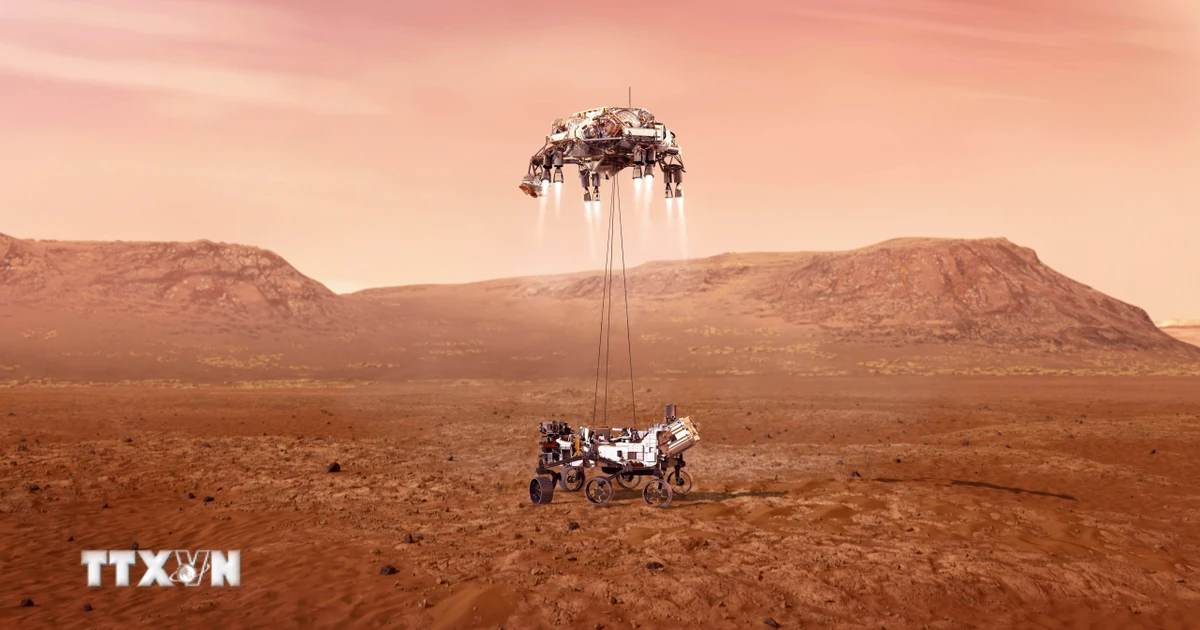At 3:30 p.m. on February 4 (Hanoi time), astronaut Oleg Kononenko broke the world record for time spent in space, reaching more than 878 days (nearly 2.5 years).

Cosmonaut Oleg Kononenko at the Baikonur Cosmodrome, Kazakhstan, September 2023. Photo: Maxim Shemetov/EPA
Oleg Kononenko, 59, surpassed the previous record set by compatriot Gennady Padalka before his retirement in 2017, according to the Russian space agency Roscosmos. Padalka spent a total of 878 days, 11 hours, 29 minutes and 48 seconds in space over five missions.
On February 4, Kononenko broke the record while working on the International Space Station (ISS), orbiting the Earth at an altitude of 423 km, on his fifth flight. "I fly into space to do what I love, not to set a record. I am proud of all my achievements, but the proudest thing is that the record for the longest total time a human has lived in space still belongs to a Russian cosmonaut," he shared.
Kononenko's current flight is scheduled to end at the end of September. At that time, his total time in space will be 1,110 days.
Kononenko began his space career as an engineer, according to the European Space Agency (ESA), and began training to become an astronaut at the age of 34, after being selected for the ISS program. His first flight took place in 2008 and lasted 200 days. Kononenko said he regularly exercises to counteract the physical effects of weightlessness.
His five space missions spanned 16 years. During that time, technological advances made preparing for each flight more difficult. “The astronaut profession has become more and more complex. The systems and experimental suites have become more and more complex,” he said.
The ISS is one of the few international projects where the United States and Russia have continued to work closely since Russia launched its military intervention in Ukraine. In December 2023, Roscosmos said it would extend its astronaut exchange program with NASA through 2025. The reliability of the Russian space program has been questioned in recent years. In October 2023, for example, the Russian portion of the ISS suffered its third coolant leak in less than a year.
Thu Thao (According to Guardian )
Source link











































































































Comment (0)